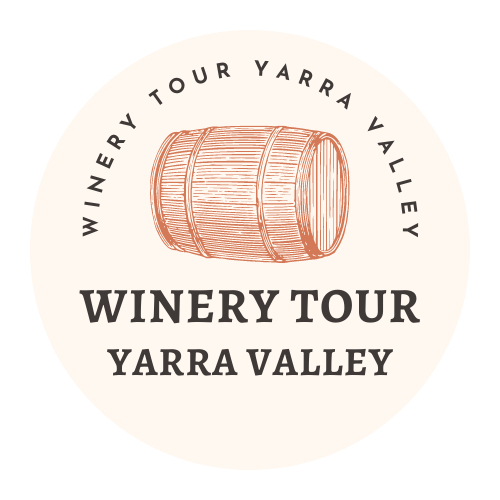In order to preserve the varietal and site expression, Seville Estate wines are produced with the least amount of intervention. The delicate and labor-intensive winemaking processes focus on bringing out the real fruit characteristics rather than artifacts. They use native yeasts to ferment all of their estate wines.
Their Riesling and Chardonnay, including the Blanc de Blancs, undergo barrel fermentation. Depending on the type and year, different proportions of new oak (only for Estate and Reserve Chardonnay), a higher percentage of solids, and larger oak forms are employed in each wine. To guarantee a healthy fermentation, the wines are treated oxidatively before and during the fermentation process. The wines are sulphured and preserved in a reductive atmosphere after fermentation. Malo Lactic Fermentation should not be done.
Depending on the varietal and vintage conditions, a wider range of techniques are employed to produce their red wines. However, most wines are often pumped over and cold soaked before fermentation using varying amounts of entire bunch. The wines are then delicately squeezed off, run to barrels for maturation for a year, and then bottled unfiltered. Their Shiraz only uses older 500lt puncheons, while their Pinot and Cabernet use a little amount of new oak. All coopers are carefully picked to ensure that the oak flavors blend in without overpowering the wine’s fruit or tannins.
Viticulture
Seville Estate is located at an elevation of more than 200 meters at the start of the Upper Yarra Valley. Their 10-hectare vineyard’s southeast-facing terrain shields the grapes from the summer’s sweltering north winds. This, combined with 750mm of annual rainfall on average, enables the vines to gently ripen their fruit, preserving the richest flavors. Their vineyard has a variety of soil types, from clay and mudstone at lower elevations with a rich organic topsoil to red volcanic soil at higher elevations.
Seville Estate wines uses vertical shoot orientation and 100% cane pruning to maximize fruit ripening potential and reduce disease pressure. Cropping levels range from Pinot Noir and Cabernet Sauvignon (4 tonnes/Ha) through Chardonnay, Shiraz, and Riesling (8 tonnes/Ha). Working with nature, Seville Estate wines promote native flora on their property because it encourages the growth of beneficial insects and raptors, which provides the vineyard with excellent protection.
They started a mission to future-proof their vineyard by collecting cuttings from their ancient vines and grafting them onto Phylloxera resistant rootstock because their vineyard is always changing. At Seville Estate wines restaurant, they have decades of experience cultivating grapes in the Upper Yarra and are constantly enhancing and perfecting their viticulture methods. This provides them assurance in their ability to produce ripe, flavorful grapes that are exploding with flavor at the end of each vintage.
If you are in East Melbourne, Victoria 3002, and looking for a winery tour to Yarra Valley wineries or Mornington Peninsula, this is the best way to visit us.
Winery Tour Yarra Valley
Unit 201/98 River Esplanade
Docklands, VIC 3008
(03) 7042 3201

